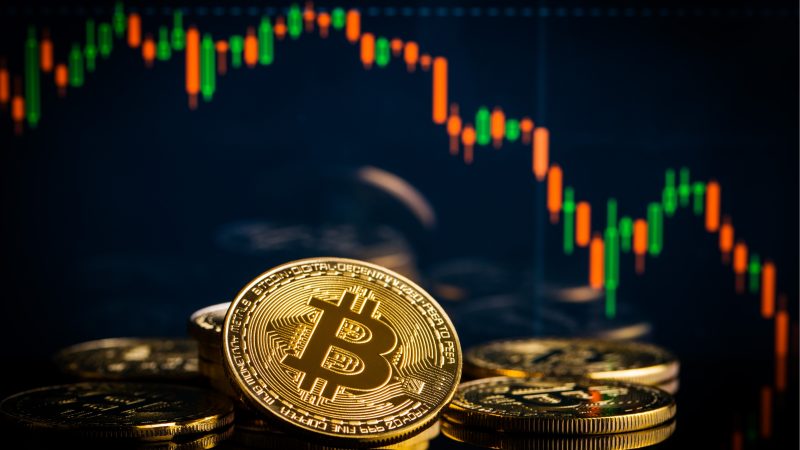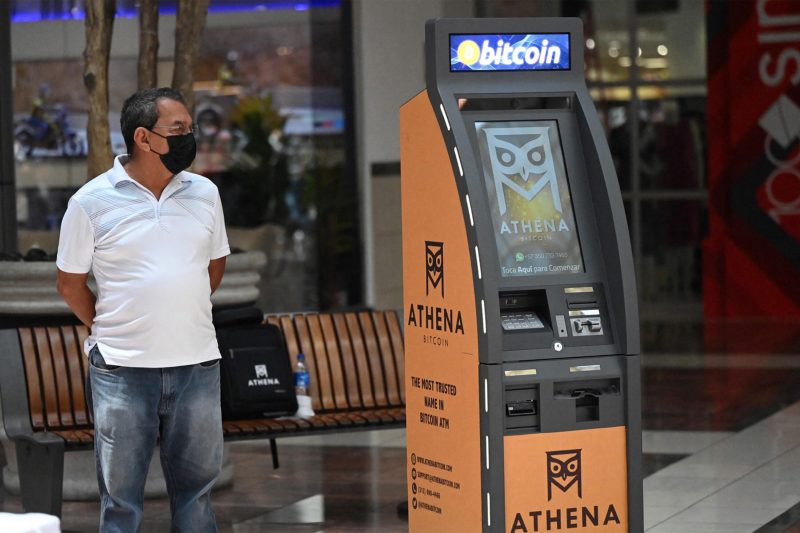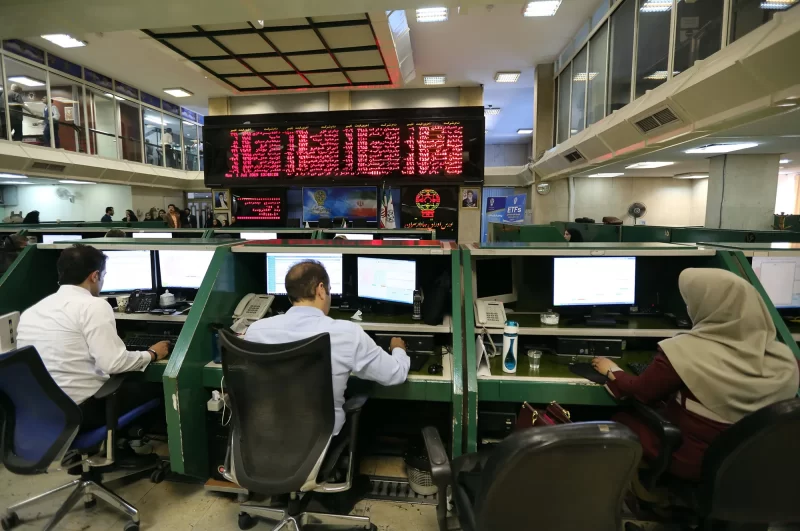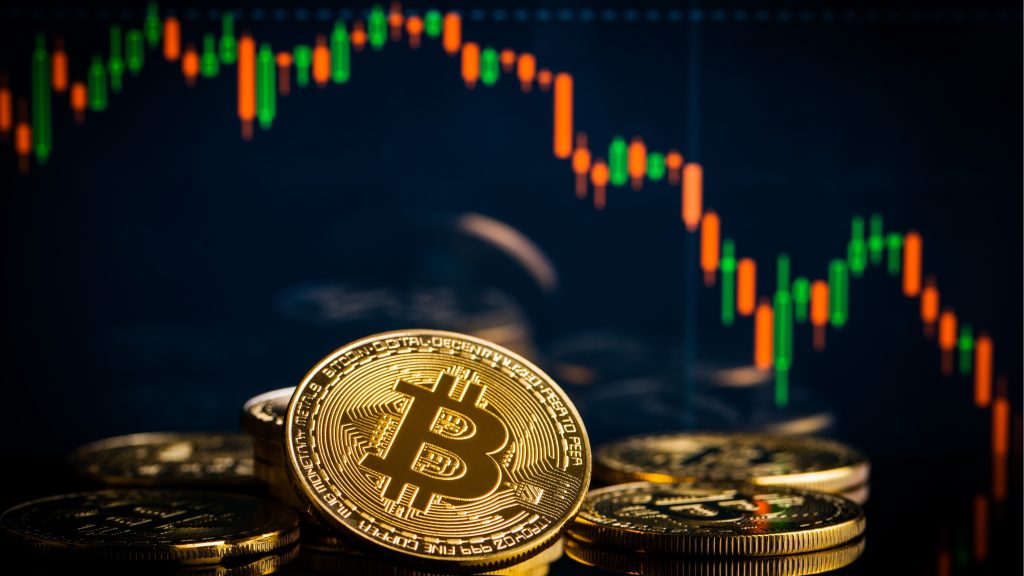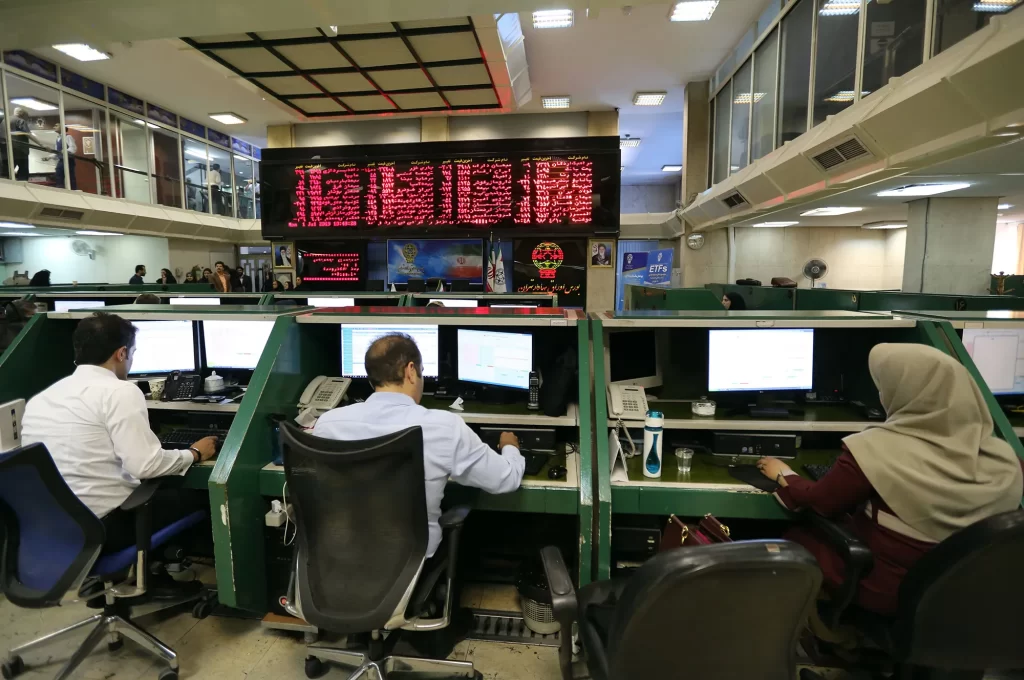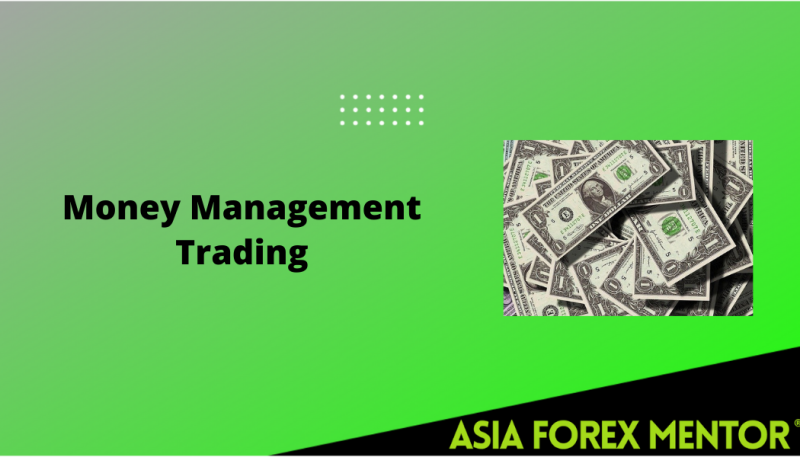
Forex trading is a very interesting business. It is a trade that can make you a millionaire if done right or leave you flat broke if you do it the wrong way. There are many trading strategies and styles that you can use to make you a profitable trader. However, regardless of whatever style or trading strategy you use, having a money management strategy is vital to your trading career. After all, isn’t forex trading all about money?
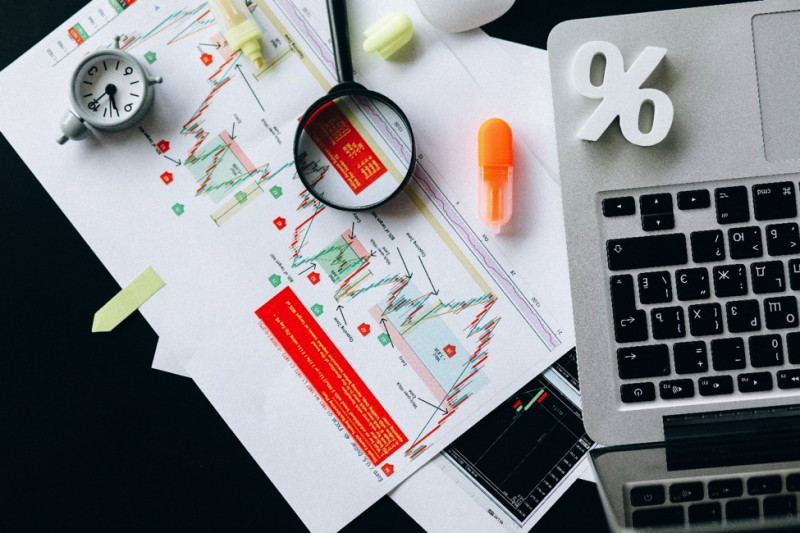
In this article, we have taken our time to go through some money management rules and more. Here you will find answers to questions such as; what exactly is money management and why successful money management is important. As a bonus, we have included some great tips for managing your money to help you on your trading journey.
Contents
- What is Money Management?
- Why is Money Management Important?
- Tips and Methods of Money Management
- Conclusion
- FAQs
What is Money Management?
The term money management is somewhat self-explanatory. However, in forex trading, money management refers to the set of methods you employ as a trader to achieve maximum profit by mitigating your risk and minimizing loss.

The goal of money management is to control and preserve your trading capital–the money in your trading account or your account value. It involves everything from determining the amount to risk per trade to what to do with your profits.
Many forex traders tend to confuse money management with risk management. Risk management is one of the methods that successful traders use to control their capital and trading risks. Therefore, risk management is just part of money management.
To elaborate further, risk management involves coming up with a plan of how to manage or avoid any expected risks therefore limiting losses.
Also Read: How To Make The Best Of A Trading Journal
Why is Money Management Important?
Money management is crucial to traders for a variety of reasons. To begin with, financial markets are volatile and very tempting. Approaching them with no plan is without a doubt setting yourself up for failure. Through various money management techniques, you can come up with a trading plan that will set you up for success.
If you can manage your capital, you are already more successful than a majority of traders. Managing your capital is half the game, the other half is making a profit from your capital. A good number of traders blow out their accounts before even gaining substantial trading experience. This is because they mainly chase big profits and end up making huge losses. With good money management, you will be able to steadily grow your account one trade at a time.
To illustrate, take a situation where you make 100 trades per day. Out of the 100, you make 80 smaller winning trades. At this point, you are milking the markets and making a profit. However, while making the remaining 20 trades you decide to chase larger profits by using a bigger lot size. An increase in lot size automatically means you are risking more capital. Unfortunately, you lose on these 20 trades wiping out your initial profits. This is where trading money management comes in.
Understanding money management strategies will make you much more profitable. The following are some tips and methods you can use to successfully preserve capital while trading.
Tips and Methods of Money Management
1. Only trade with what you are willing to lose
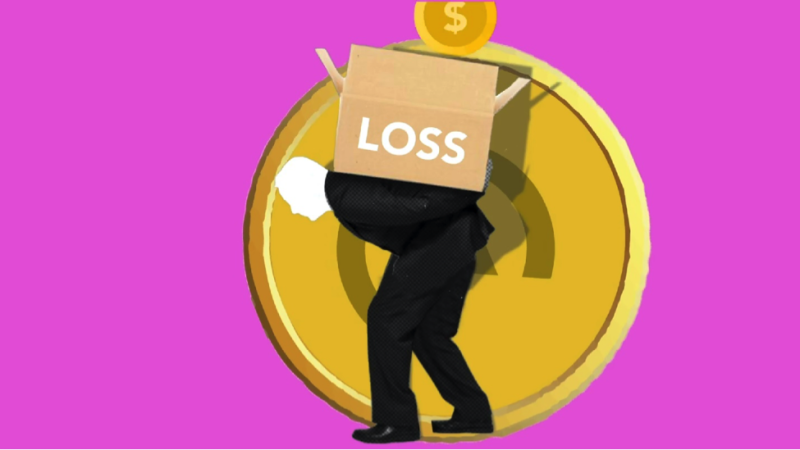
This is a fundamental money management rule. Never deposit more than you are willing to lose into your trading account. In the past, we have seen people take loans, use their life savings, or mortgage their house just to raise capital for forex trading. While some have been successful, most of them are left with huge financial burdens.
Blowing your account (losing all your money) is always a possibility while trading. At times, even professional traders blow their accounts. So, make sure to deposit an amount you are okay losing.
2. Evaluate your risk per trade
Evaluating and defining your risk per trade is vital for every trader out there. It involves understanding your trading style and coming up with a set amount that you are willing to risk for every trade you take. Please note that this should not be confused with evaluating your risk to reward ratio.
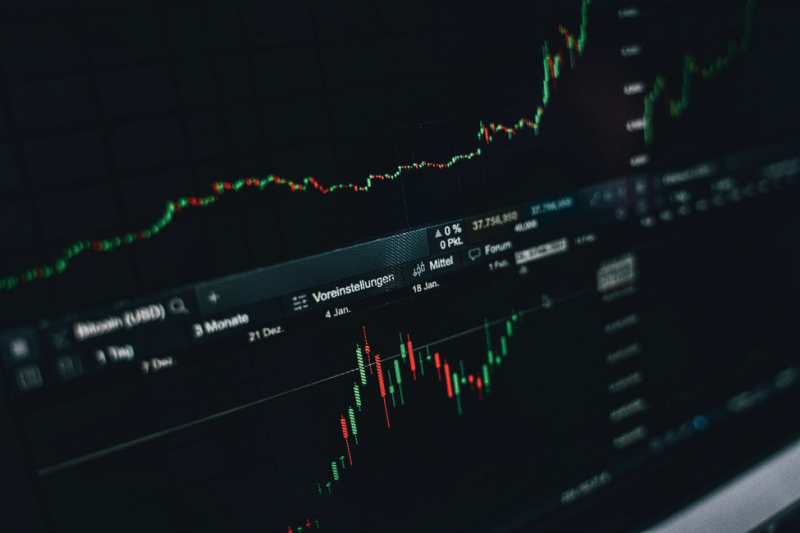
Many traders use a position size to evaluate their risk per trade. So, what is position sizing? Position sizing involves determining what lots to use while trading- either micro, mini, or standard lot sizes. This is mainly driven by your account balance. The larger your account is the larger the position size to use.
However, if you are a new trader, regardless of account size it is advisable to use smaller lots.Most successful traders advise that you only risk 2% of your account size for any single trade. This is commonly referred to as the 2% rule.
To illustrate, we will assume that you are working with a $10,000 account. 2% of $10,000 would be $200. This means that for this same trade you take you are willing to lose $200.
To make this a reality, you would need to trade with a lot size of 0.1 (micro). Usually, for currency pairs with USD as the quote currency such as EUR/USD 1 pip is equal to $10. For you to sustain the 2% rule, you would need to place a stop-loss after the market moves against you for 20 pips. This ensures that after a loss of $200 the trade automatically closes.
However, aggressive traders do not subscribe to this style of trading. Their argument is, if your trading system is good enough and is making you consistent profits, why not maximize opportunities when they arise? While this is a valid argument, it is also a risky way to trade. Risking too much of account say 10% to 20% per trade make see you close shop sooner rather than later.
Imagine, you are working with an account with $10,000. You decide to risk 10% of this amount per trade. If you happen to be in a losing streak and you lose 7 trades consecutively, you would have blown out over 50% of the account size.
In the long run, limiting risk per trade will help you grow your portfolio and improve your trading performance. This is because you will not experience any huge and substantive losses.
3. Evaluating your risk to reward ratio
The risk to reward ratio in forex trading refers a fixed ratio of risk and compared to the potential reward for a given trade. The main goal of the risk to reward concept is to maximize profit while minimizing loss.
To sustain an advisable risk to reward ratio, you need to know when to trade. In forex trading, knowing when to take or not to take a trade is crucial and will help you distinguish a winning trade from a losing trade.
A risk to reward ratio of 4:1 means that your target profit is 4 times more than your expected loss. To achieve such a ratio, you should make sure to set your stop-loss after 10 pips and your take profit after 40 pips. For this ratio to be effective you would need to win at least four out of five trades to break even.
This way if the trade doesn’t go as planned you minimize your losses. According to your trading style and experience, you can have a trading ratio of anything from 2:1 to 10:1. Remember, the larger the risk to reward ratio the more the profit that a trader stands to make if the market goes in the same direction as expected.
Market wizards are able to use complex instruments and their past performance to measure risk before they begin trading and to help them decide on their next trade. This way, they are able to avoid losing trades.
4. Using stops and limits
In forex jargon, stops and limits are orders which remain inactive while trading and only activate when certain conditions are met. Their main goal is to either start or stop a trade. There are various types of stops and limits in forex trading, however, while talking about money management we will concentrate on:
Stop-loss Orders
A stop-loss order is an order which activates and closes a trade once the maximum loss a trader is willing to take is hit. Stop-loss orders work hand in hand with risk to reward ratios. This is because the amount of acceptable loss is calculated from the risk to reward ratio.
Stop-loss orders are a great way to combat the human urge to let a losing trade continue with the hope that the market might reverse and turn your losses into profits. Traders' who decide not to use a stop loss, stand a chance to blow their accounts from one volatile move in the market or otherwise.
Using a stop loss also has its downside. Sometimes a stop-loss order is triggered and it, therefore, closes the trade. The trade might then go as expected but the stop loss already closed the trade. For this reason, it is important to know where to place your stop-loss order.
Trailing Stops
A trailing stop is simply an order that follows the market as it moves in one direction and not the other. It is especially useful in locking your profits. This is because it follows your position as long as the market is going as predicted. However, if the market starts going against you and hits the trailing stop, the trade is automatically closed thus locking in your profits.
A successful trailing stop has to be set up in such a way that it is not far away or too close to the market price. If set too far, you stand to make huge losses and if set up too close; you stand the risk of your trade being closed immaturely.
Using these stops helps you to avoid trading with your emotions. This is because this stops once set automates the process of closing running trades once your conditions are met.
5. Take away your profits

Whether you are just starting your trading journey or you are an expert in the field, taking away your profits is key to managing your money. In the past, we have seen cases where traders who were once making money go broke while trying to make more. This can largely be attributed to greed and passion.
After making profits you should make withdrawals. This is because, the more money you have in your trading account, the more attractive it looks to make undue risks while chasing a big paycheck. Taking away your profits will help you keep your emotions in check.
6. Avoid emotional trading
Since forex trading involves large amounts of money, it is common for traders to get a bit over passionate about the market. Especially when you lose money, there is always the temptation to make more and more trades to try to recover your money. This is known as revenge trading.
Revenge trading is a sure way to lose more money. This is because at this point you are taking trades without properly analyzing trades. Mostly your confluences are not even met but you open more and more positions.
It is advisable to close all trades once you realize you are on a losing streak. Remember, the market will always be there and the next day you can always bounce back when you are in better shape for trading.
Also Read: Investor Emotions and How it Affects the Stock Market
Conclusion
In Conclusion money management involves having a serious approach in managing both the risk and profit. When a trader can minimize risk while at, the same time maximizing profits, the trader can be said to be great at money management.
Most of these tips are straightforward and do not require a technical analysis. However, for those that do the technical analysis is quite straightforward too. Different types of trading software also come with in-built tools to help you with money management and trading in general.
The above tips and techniques if used effectively will help you to manage your money while trading. So, go ahead and implement them in your trading to achieve better results.
If you are only starting on your trading journey, you can always use a demo account to practice your skills before your start day trading with a real account. These will keep you from losing money and help you better understand money management strategies.
FAQs
What is effective money management?
Effective money management in the context of forex trading would be used to refer to a situation whereby a trader has been able to employ the above methods to become a successful trader. It is through effective money management that you will be able to grow your account as a trader.
What is the Optimal F money management technique?
It is a method of money management that mainly focuses on evaluating an amount of capital to trade with. Optimal F involves very technical analysis of the above money management techniques. Most traders argue against using Optimal F as a tool as it is too complex.
How do you handle losses while trading?
Accept your losses and try to understand why you are making them. Remember, trading is like any other business, therefore it is normal to experience both profit and loss. The goal for trading is to make more profit than the loss incurred. This will leave you with a net income which is the goal for all traders out there.
What is a drawdown in trading?
A drawdown mostly referred to as a maximum drawdown is just a measure of the overall loss while using a specific trading strategy. This will help you assess the effectiveness of your trading strategy as most trading strategies have different amounts of drawdowns. Generally, you want to keep your maximum drawdown at less than 10% of your trading account size.


